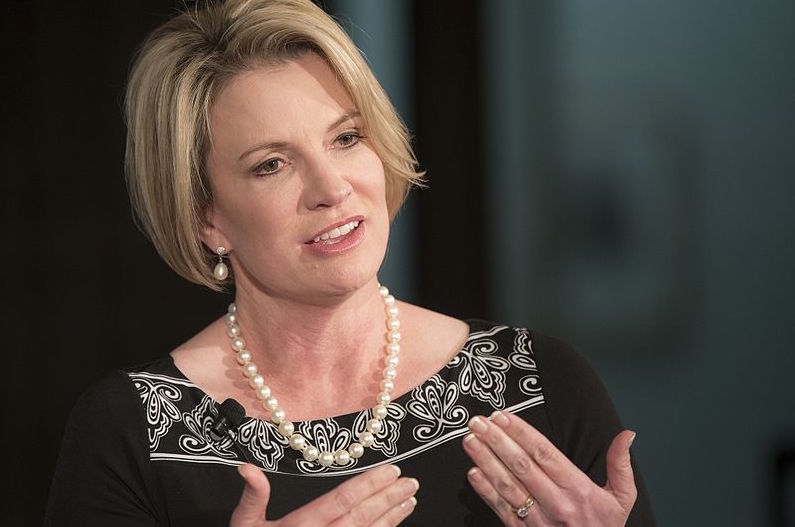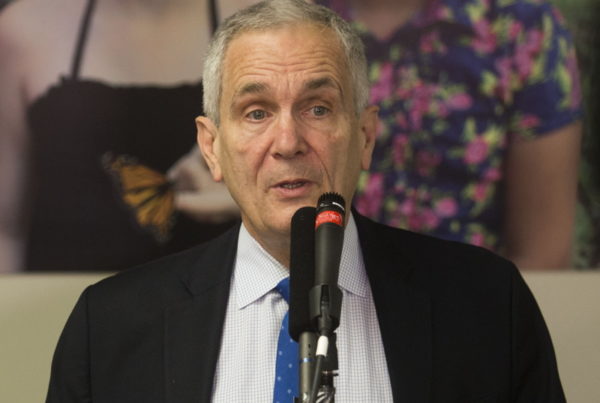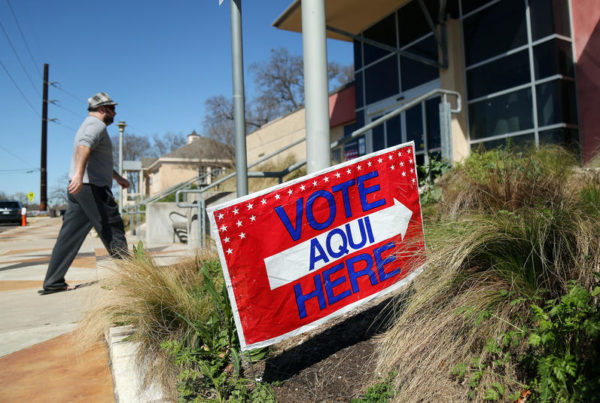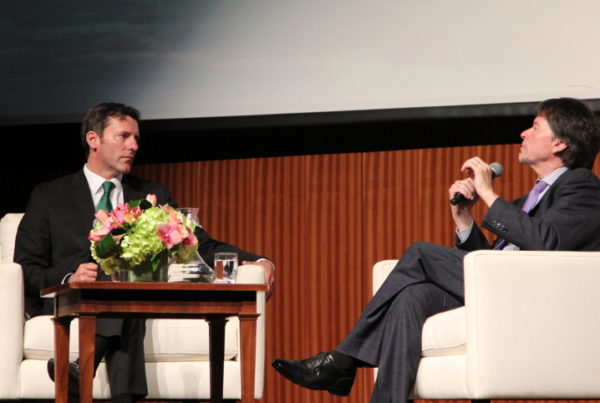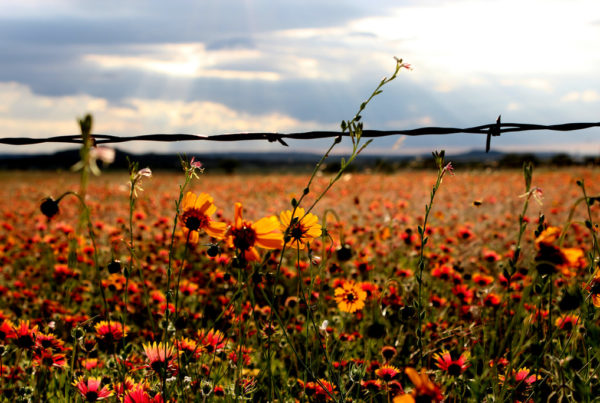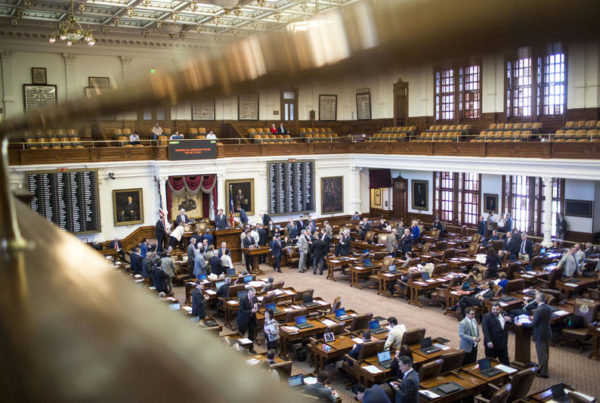You’ve probably been following the string of campus controversies from lower Alabama to Northern California – speaking appearances by alt-right politicos and others who’ve been branded as purveyors of hate speech. Some have cancelled appearances amid concerns by universities who say they can’t ensure security and that there won’t be violence.
Amid these headlines, a proposal by Texas Sen. Dawn Buckingham (R-Lakeway) is suddenly getting traction. Her bill, SB 1151, would forbid public colleges and universities in Texas from punishing students for engaging in expressive activities. It also would require schools to adopt policies outlining students’ right to assemble, protest and circulate petitions.
“It is very clear that the only speech that doesn’t really seem to be protected is conservative speech, especially on college campuses,” Buckingham says. “That’s what we’re trying to do is just ensure all speech – that includes conservative freedom of speech – are respected on our college campuses.”
Critics are asking why the protections under the First Amendment aren’t good enough to ensure free speech. Buckingham says if it were enough, we wouldn’t have problems. Her bill would build on protections in the First Amendment, but also seeks to inform students on what those protections are.
“We’re seeing these kind of things that we think really infringe on the free speech,” she says. “So we want them to have a good, solid, open policy that ensures the rights of the students and the speakers that come onto campus. And we want to be sure that they let the students know that there are expectations set. Because I think we’re coming to a tough time in our society where if somebody hears something they don’t like, they tend to react violently to it. And at some point you have to realize there are differing opinions out there and if you don’t want to listen to it, walk away but let the people who want to listen to it listen.”
Critics of the bill also want to know why colleges should defend free speech for racists, bigots, misogynists and others who practice hate speech against one or more groups of people. But Buckingham says she sees the greatest intolerance of free speech from the left.
“They use those defenses that I think are inaccurate,” she says. “It’s very interesting that all those who say they’re for free speech – the usual organizations who get up and stand up – you don’t see them coming to defend this bill. They actually don’t like this bill. In fact, the Democrats on the committee were clearly against the bill in the hearing.”
The original bill language included strong penalties to colleges and universities that refused to follow the would-be law, but Buckingham says she is still working in finding a solution that campuses will be happy with. She says she’s working on making the bill stronger and adding some penalties back in. She anticipates it will pass through the Higher Education Committee – where the bill’s been pending – next week.
“Our first goal is to have people realize that this is a problem and have this speech protected,” Buckingham says. “I often find that good behavior only happens when there’s a penalty if you don’t behave.”
Written by Beth Cortez-Neavel.


